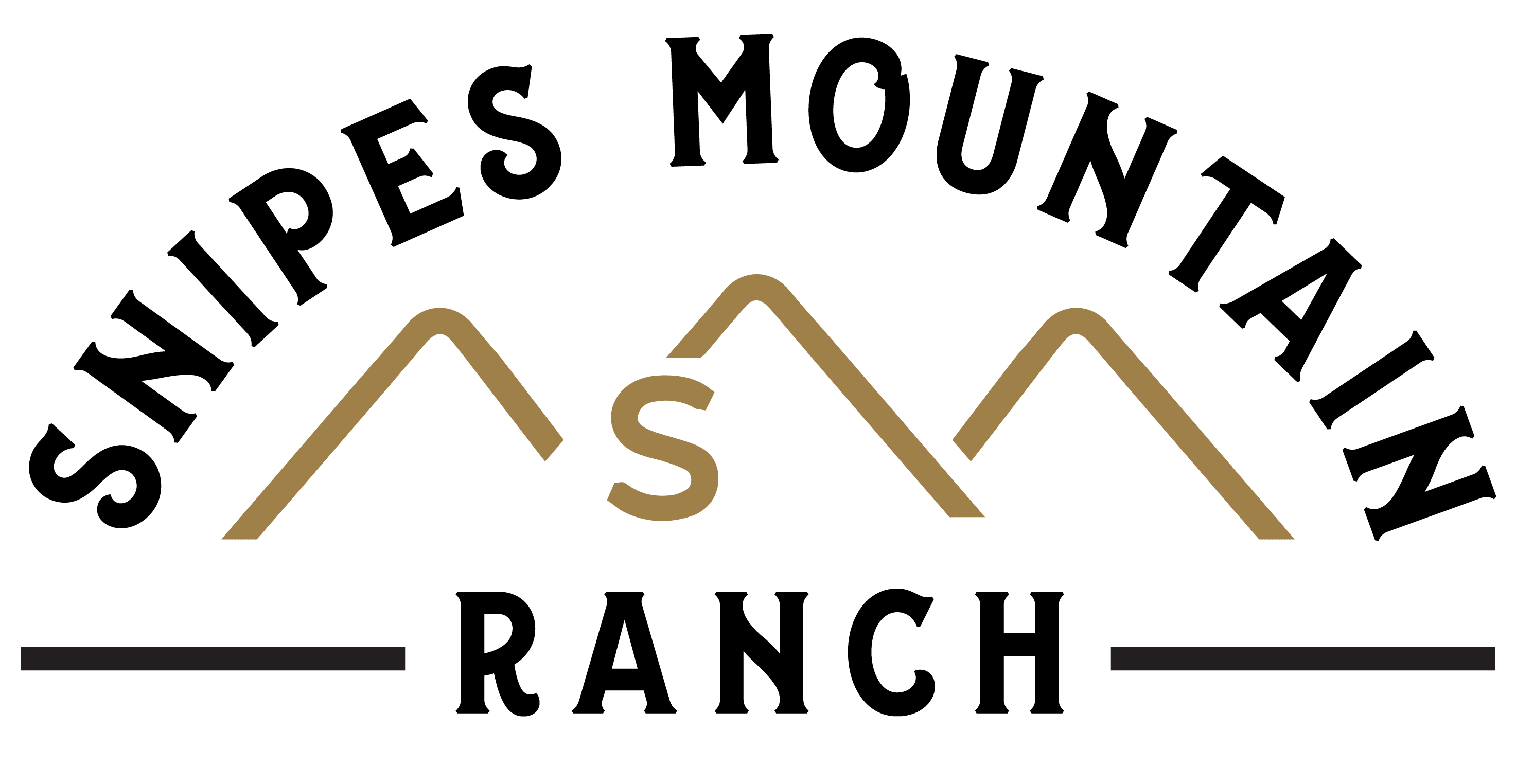Our Process
Here are a few examples of the steps we take. We are passionate about what we do, so if you find yourself craving more, call us! We love to chat!
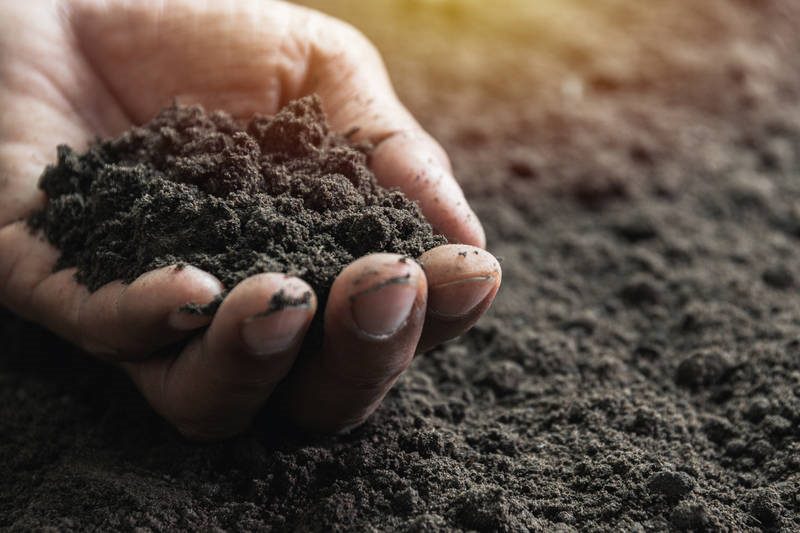
The Soil
Soil health is the most critical and fundamental element of cow nutrition. Fortunately, we’ve been practicing regenerative agriculture for years, so we already had a rocking soil biome full of the biology that makes nutrients available to plants. Healthy soil produces a nutrient-rich feed that provides the cows with everything they need. While I cannot make any nutritional claims, I’ll let you conclude how the health of our beef affects the nutritional value of the meat you purchased. It all starts with soil.
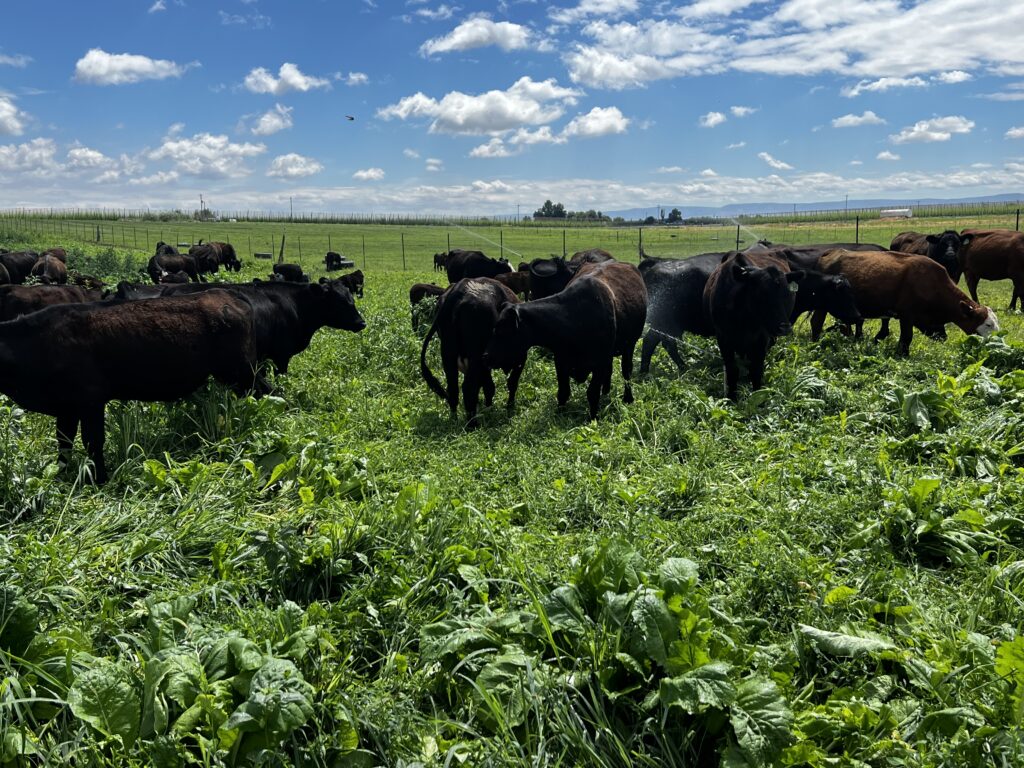
Nutrition
A salad bar. Just like us, the cows need a mix of plants to support their digestive system and get all the nutrients they need. So, we plant them an array of options, and they choose what to munch on. During the winter, they rely on high-quality hay, some of which we’ve grown ourselves!
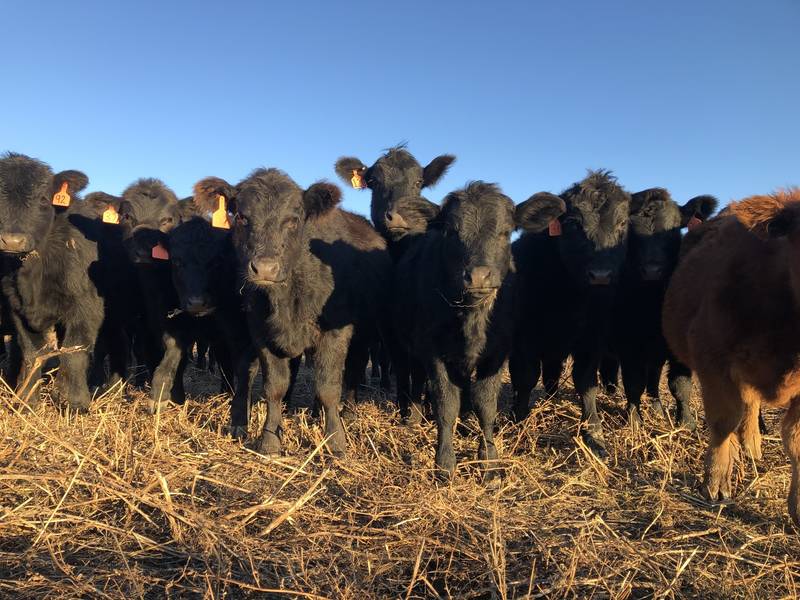
Heard Happiness
and a Low-Stress Lifestyle
Treats (mostly apples), back scratchers, sprinklers to stand under on the hot days–the list goes on. In everything we do, we try to make our presence as gentle and peaceful as possible.
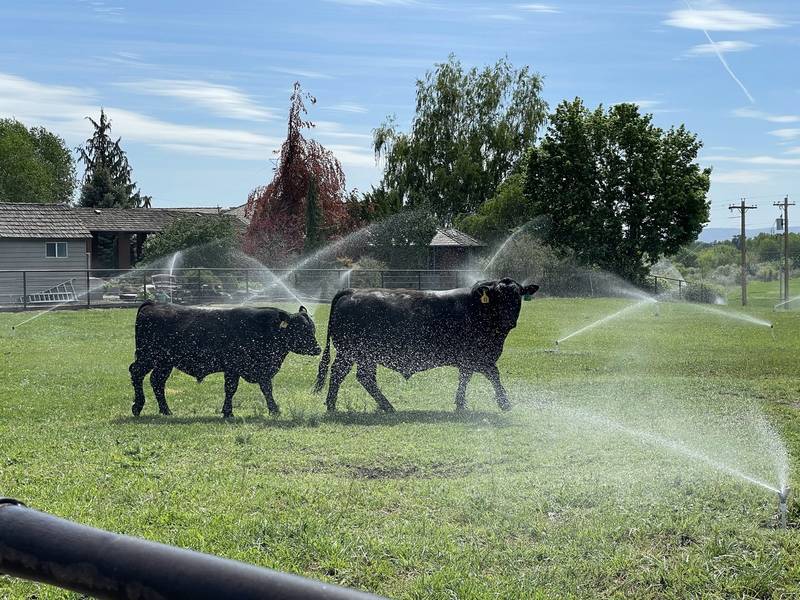
The Bulls
A bull’s genetics significantly dictate meat quality. We selected our bulls based on their high rating for marbling and ribeye area and their gentle disposition. (Yes, there are bull catalogs that detail each bull’s individual stats.) Ferdinand was our first, and then Waylon and Jennings joined the herd.
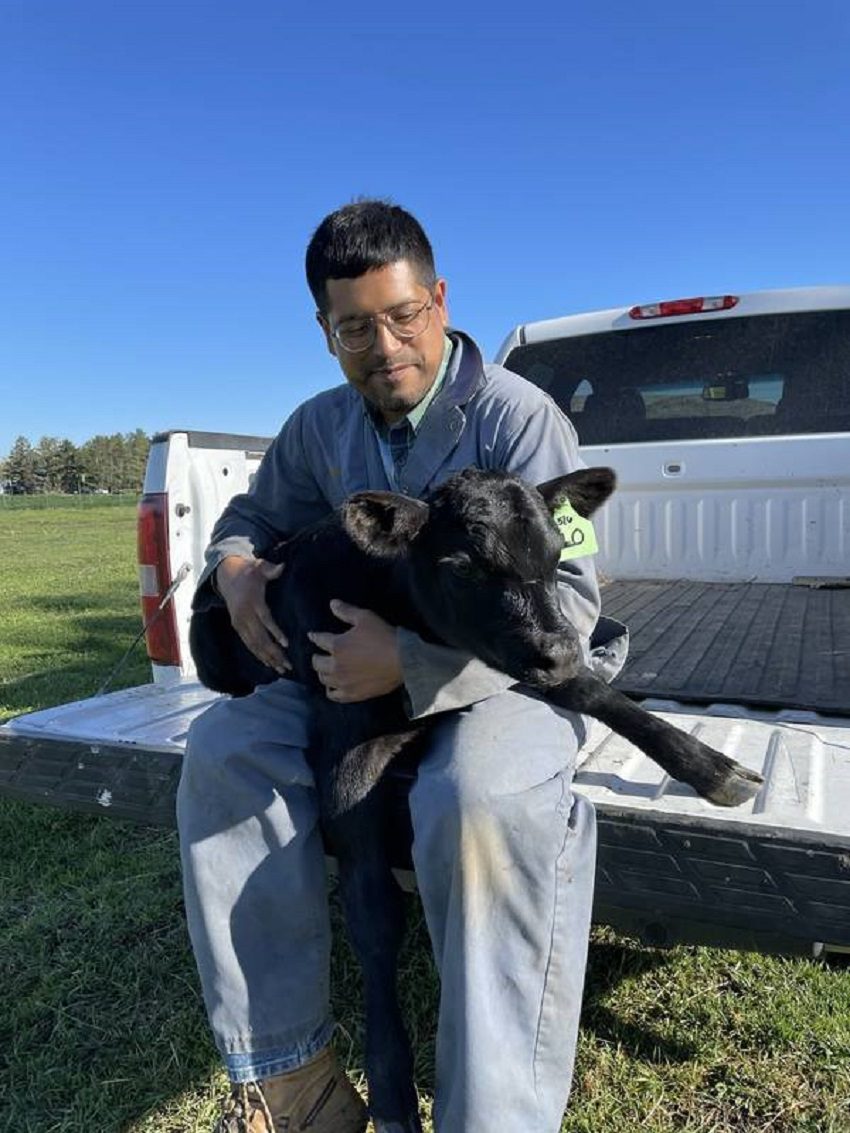
Birthing
For most of the industry, this should be called “burrrthing” because it happens during the frosty months of January–March so the babes will be ready for market in time. But since we don’t have a market deadline, our babies can be born once the air is warm and there is fresh grass poking through the earth. We thank you–our client–for supporting us; this simple luxury gets everyone off to a better start.
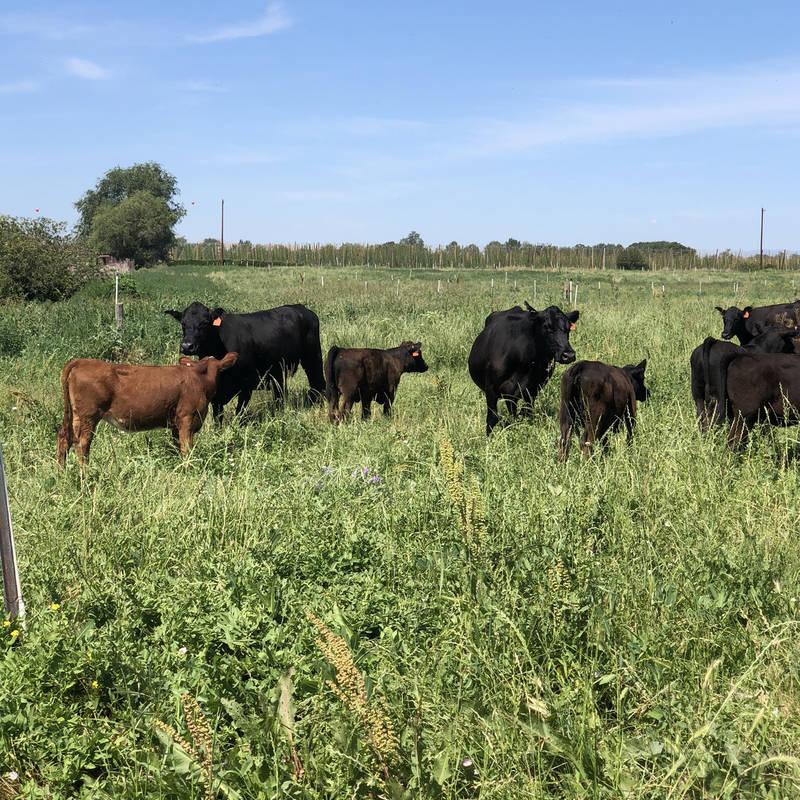
Finishing
Grass or grain? We’ve all heard the health benefits of grass-fed beef, but we’ve also chewed–or tried to chew–through a piece of leather labeled as “grass-fed tenderloin.” So, we were on both sides of the fence with this decision. In the end, our chosen finish is a pasture with several feeders full of a special grain mix (thanks to our bovine nutritionist). The steers are thoroughly enjoying the best of both worlds.
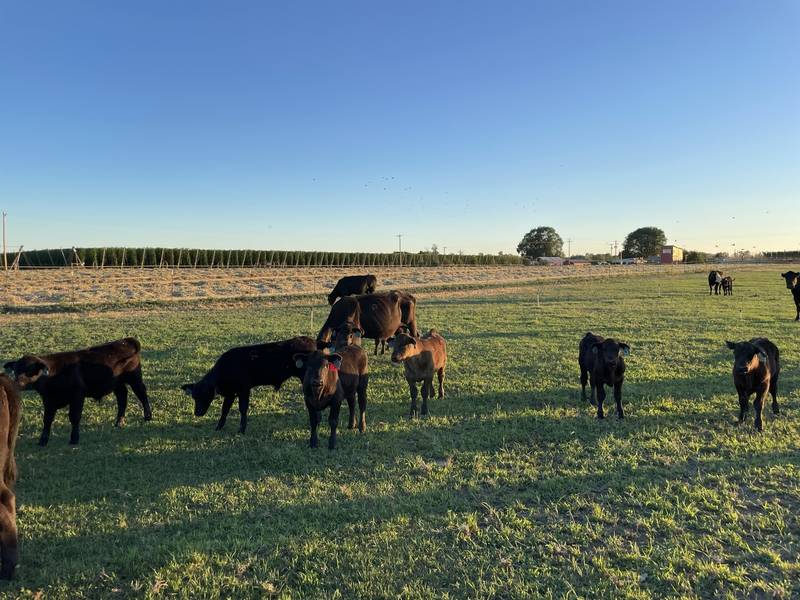
Estate Beef
All of our beef is born, raised, and finished on our property.
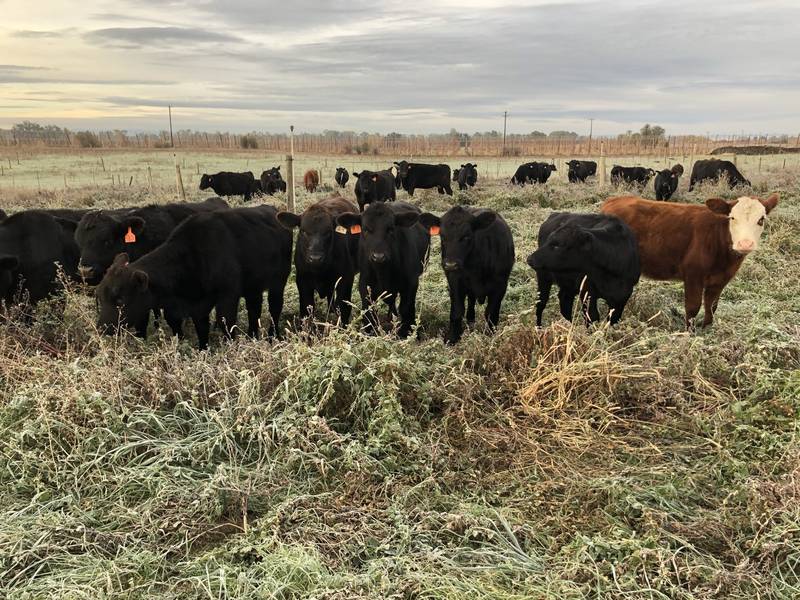
Learning
We continue to pay attention to all the details, talk to friends, read, and attend meetings...and you better believe we visited those Hawaiian cattle farms!
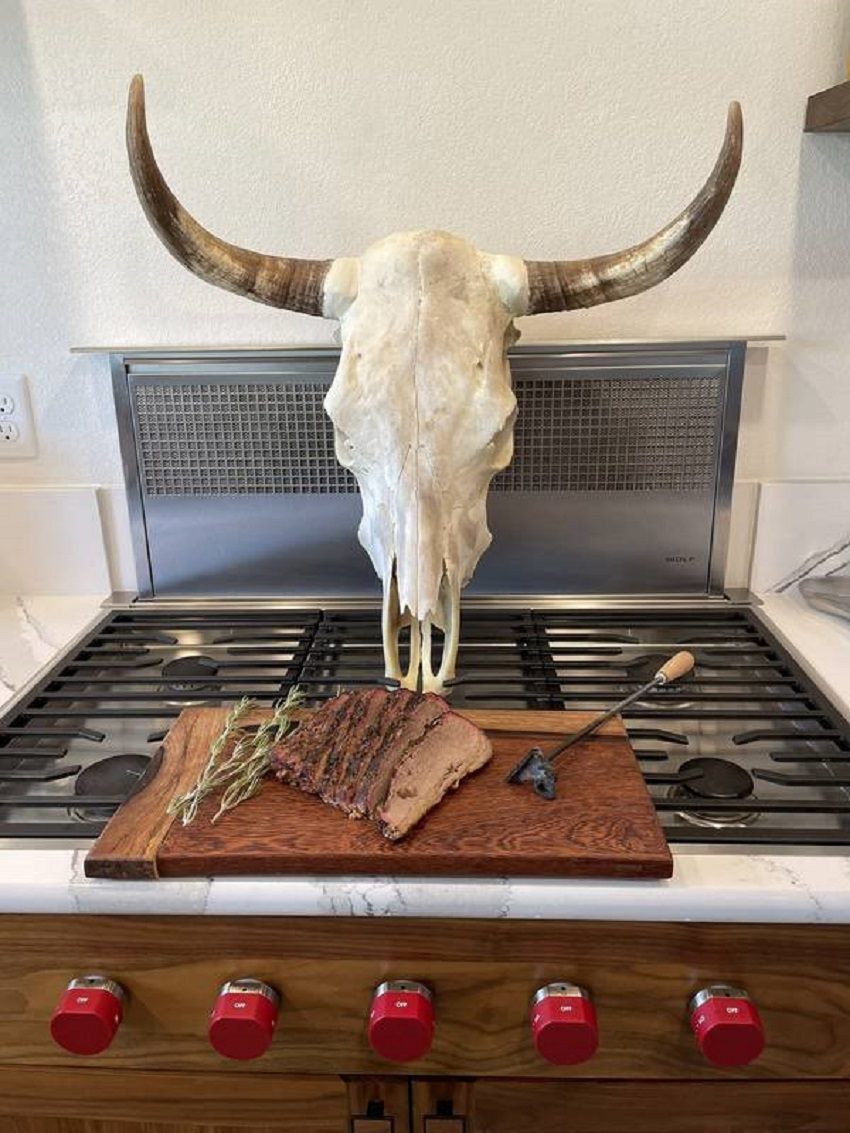
The Knife
As the Hawaiian cows’ story ended with Mill’s expertise, we searched high and low for a processor we could entrust with the final step of our process. We use a USDA safety-inspected facility where the beef will hang for a minimum of 15 days, after which the cuts are vacuum-packed and frozen.
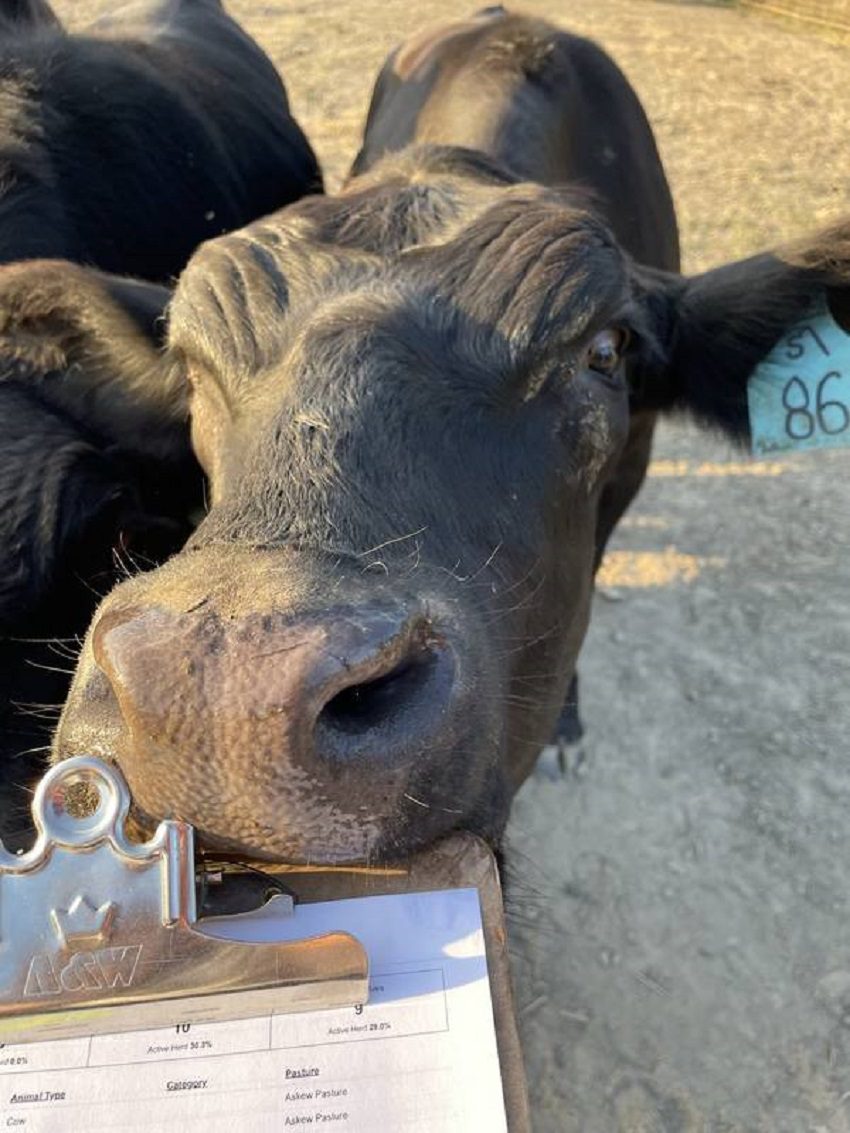
Cattle Health
A healthy life is a quality life. We strive to avoid using any antibiotics. However, if a cow is sick and unable to heal with other methods, we will do what is best for the cow. We guarantee that the cattle are only treated when needed and that it is under a veterinarian’s prescription while strictly following the withdrawal period on the label to guarantee there is no antibiotic residue in the beef.
